Christmas in Europe
A Traditional Day of Joy and Festive Fun in Europe
The European continent is richly diverse in cultural traditions that play a significant role in fostering community and preserving heritage through various celebrations. December 25th is of great importance across many countries in this continent, as it connects to Christmas but also retains other unique cultural festivals.
This article explores the vibrant celebrations that take place on this day, highlighting their historical background, cultural significance, and typical activities. These celebrations exemplify the rich tapestry of European culture, showcasing the variety and depth of its traditions.
Overview of the Day's Significance
Though Christmas, falling on December 25th, is celebrated all over the world, it is characterized by a host of diverse customs and traditions in Europe.
From devout Christian observance to other cultural events occurring on this day, it presents a glimpse of European history and culture. Such celebrations may be religious observances, traditional performances, or community celebrations and contribute to a multifaceted cultural diversity for the region.
Celebrations by Country
🇩🇪 Germany: Weihnachten
- Location: Nationwide
- Special Traditions: Christmas markets, Advent wreaths, special food
Name of the Holiday: Weihnachten
Country and Region: Germany
Historical Background and Cultural Significance: Weihnachten is one of the major holidays in Germany, highly influenced by Christian traditions. It begins with a period called Advent, four weeks prior to Christmas day, and includes an Advent wreath and calendar.
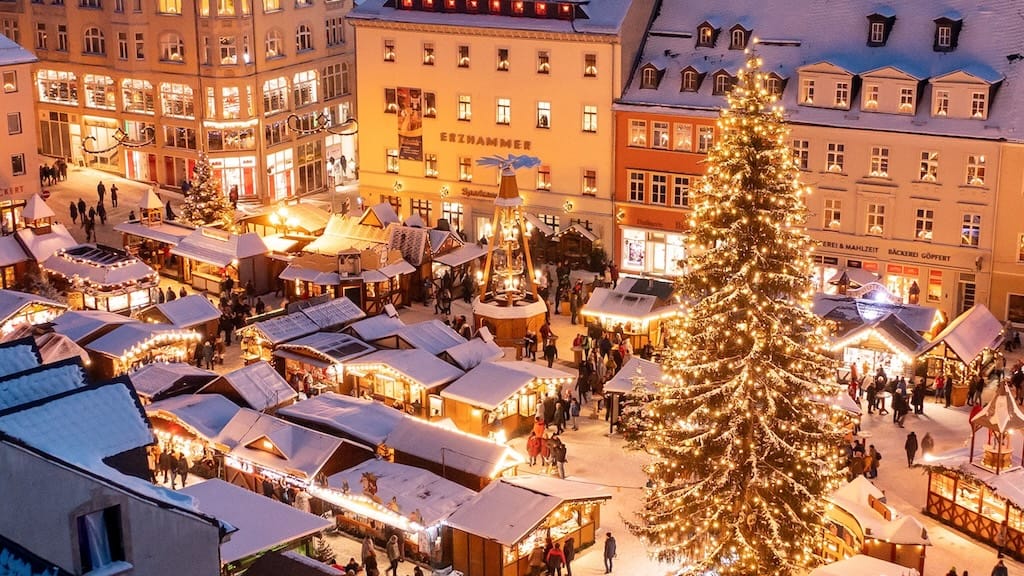
Typical Activities: Germans celebrate Christmas with exquisite Christmas markets, or "Weihnachtsmärkte," where they buy crafts, gifts, and holiday food. On Christmas Eve, families often attend church services and enjoy festive meals, which include dishes like roasted goose and stollen (a fruitcake-like cake).
Interesting Facts: The Christmas tree, or "Tannenbaum," originated in Germany and has since become a central ornament in Christmas celebrations worldwide.
🇫🇷 France: Noël
- Location: Nationwide
- Unique Features: Réveillon dinner, Christmas markets, Nativity scenes
Name of the Celebration: Noël (Christmas)
Country and Region: France
Historical Background and Cultural Significance: Noël is a major holiday in France, celebrated with both religious and secular customs. The festive season includes Advent, Christmas Eve, and Christmas Day, with a strong focus on family and community.
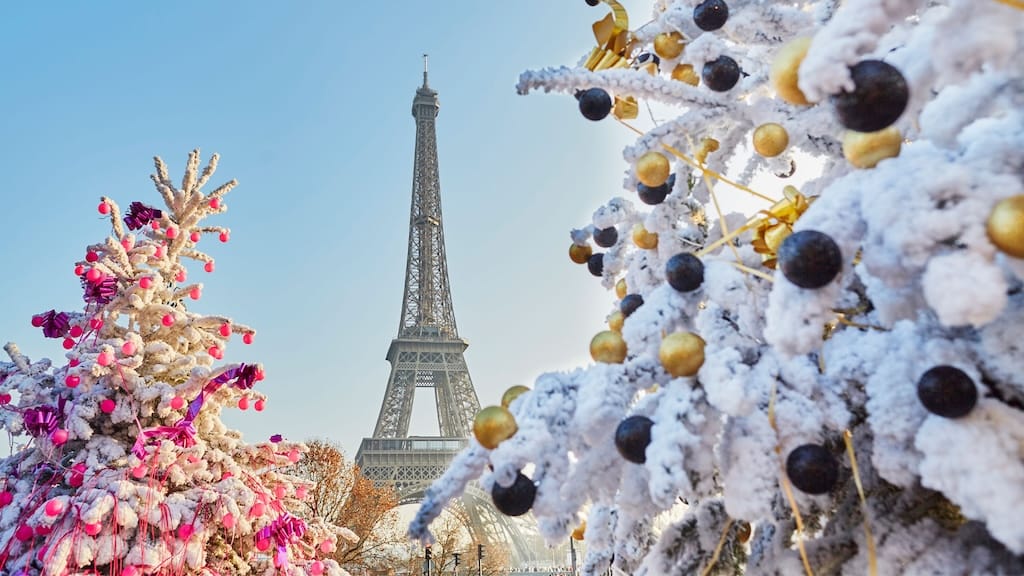
Typical Activities: The highlight of Christmas celebrations in France is the "Réveillon" dinner, held on Christmas Eve, featuring gourmet foods like foie gras, oysters, and the "bûche de Noël" (Yule log cake). Christmas markets ("Marchés de Noël") are very popular, and a "crèche" or Nativity scene is displayed prominently in homes and churches.
Interesting Facts: In Provence, it is customary to have a "Treize Desserts" table with a range of sweets and fruits at the end of the Christmas meal.
🇬🇧 United Kingdom: Christmas
- Location: England, Scotland, Wales
- Unique Features: Christmas crackers, mince pies, Queen's Speech
Name of the Celebration: Christmas
Country and Region: United Kingdom
Historical Background and Cultural Significance: Christmas in the United Kingdom is a combination of religious and secular traditions. The festive season includes Advent, Christmas Eve, Christmas Day, and Boxing Day.
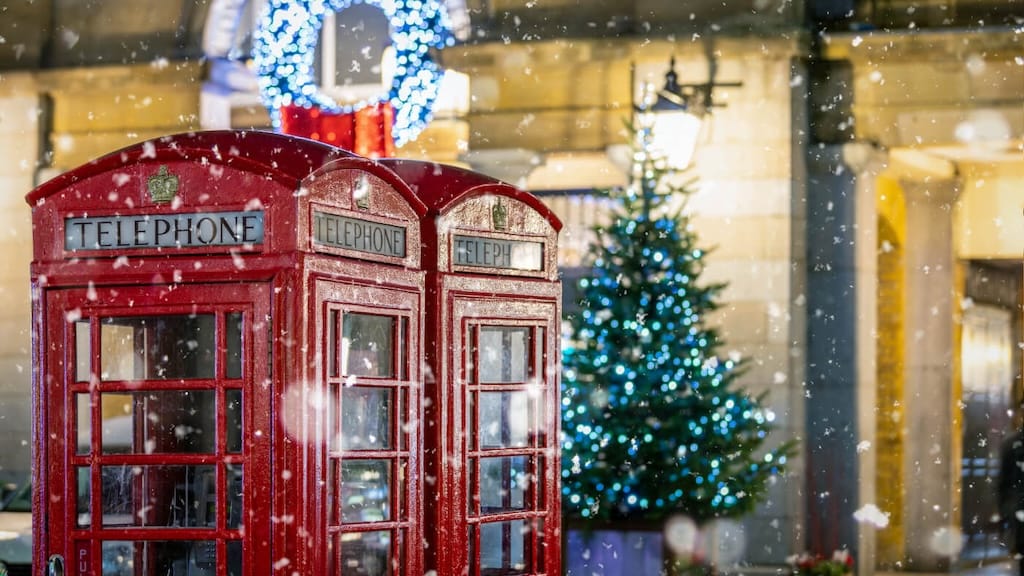
Common Activities: Presents are given, a special meal is shared, and many families watch the Queen's Speech, a televised address by the monarch on Christmas Day. Traditional foods include roast turkey, Christmas pudding, and mince pies. A fun activity involves opening Christmas crackers, which may contain little presents or games.
Interesting Facts: Sending Christmas cards began in England during the 19th century.
🇪🇸 Spain: Navidad
- Location: Throughout the country
- Unique Features: Nativity plays, "El Gordo" lottery, "Turrón" sweets
Name of the Celebration: Navidad (Christmas)
Country and Region: Spain
Historical Background and Cultural Significance: Navidad in Spain is deeply religious and cultural. The festive season begins with Advent and includes important dates such as Christmas Eve, Christmas Day, and Epiphany (January 6th).
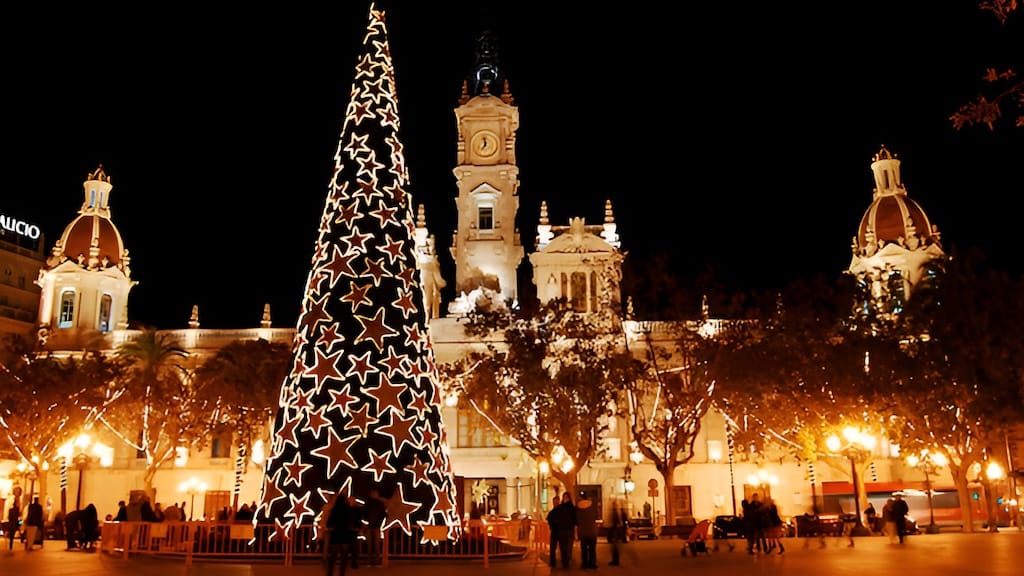
Typical Activities: Nativity plays, or "Las Posadas," reenact the journey of Mary and Joseph. On Christmas Eve, families gather for a festive dinner; seafood and roasted meats are common fare. A particularly unique tradition is the "El Gordo" (The Fat One) lottery draw on December 22nd, the biggest lottery in Spain. Traditional sweets such as "Turrón" (nougat) are enjoyed during the festive season.
Interesting Facts: In Catalonia, it is traditional to include a "Caganer," a figurine of a defecating man, in Nativity scenes as a symbol of good luck.
🇮🇹 Italy: Natale
- Location: Nationwide
- Unique Features: "La Befana" witch, "Cenone" dinner, Christmas markets
Name of the Celebration: Natale (Christmas)
Country and Region: Italy
Historical Background and Cultural Significance: Natale is one of the major holidays in Italy, both in terms of religious observance and festive traditions. It includes the seasons of Advent, Christmas Eve, Christmas Day, and Epiphany.
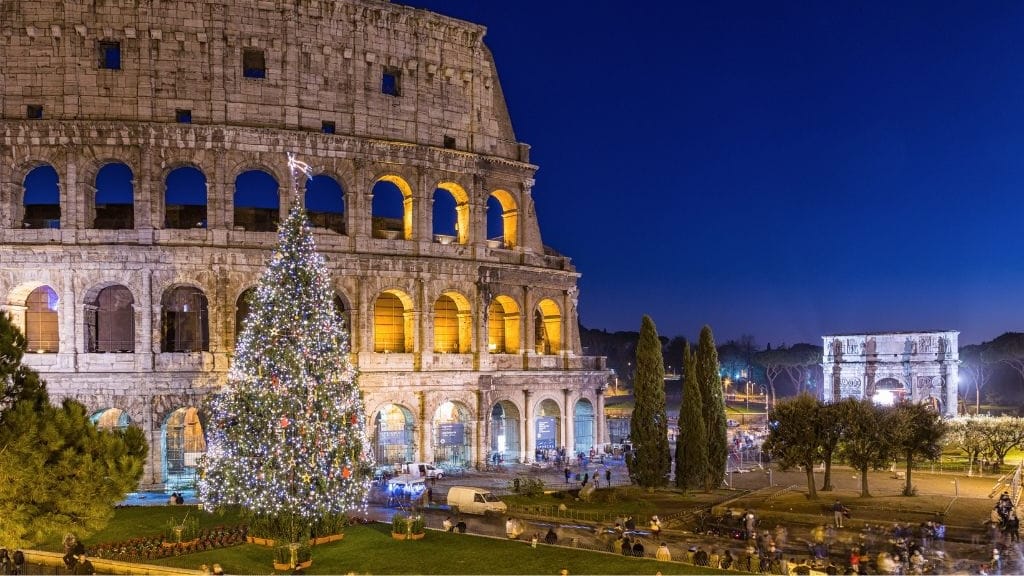
Typical Activities: On Christmas Eve, called "La Vigilia," a "Cenone" is held, consisting of a large dinner including fish and seafood dishes. On Christmas Day, families attend church services and then enjoy festive meals of pasta, roasts, and sweets like "Panettone" and "Pandoro." The celebrations continue until Epiphany, when "La Befana," a friendly witch in popular tradition, arrives with presents for the children.
Interesting Facts: Italian Christmas markets are well-liked due to their festive atmosphere and handcrafted gifts.
Traditional Practices
Festive Decorations and Lights
December 25 in Europe is marked by elaborate light displays and decorations. Public spaces, homes, and churches are adorned with colorful lights, Christmas trees, and traditional ornaments, creating a lively and joyous appearance.
Religious Observances
For Christian communities, December 25 is a day of religious significance. Church services, including Midnight Mass, are an integral part of the celebrations. These observances provide an opportunity for reflection, prayer, and community bonding.
Family and Community Gatherings
Communal gatherings and family meals are central to the celebrations. Families come together to share festive meals, exchange gifts, and enjoy each other's company. In some regions, community feasts and public celebrations foster a sense of unity and cultural identity.
Conclusion
From Germany's Christmas markets to France's Réveillon dinner, and from the UK's Christmas crackers to Spain's "El Gordo" lottery, the Christmas Day celebrations on December 25 across Europe showcase great cultural diversity while respecting the spirit of tradition.
Such events build a sense of community spirit and cultural identity. When Europeans come together to rejoice in this day, they connect with their historical and cultural heritage, creating memories that last a lifetime and cementing the bonds of unity and goodwill.